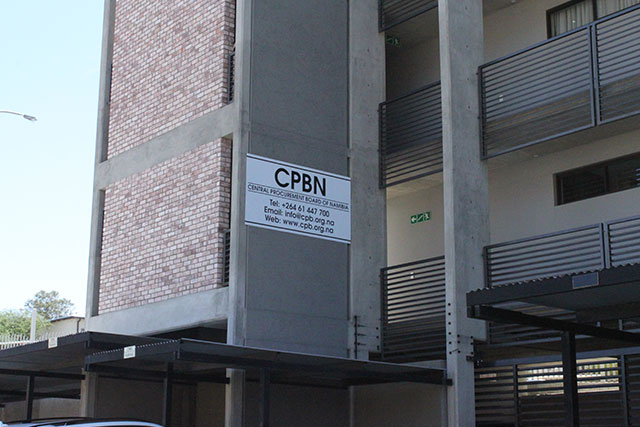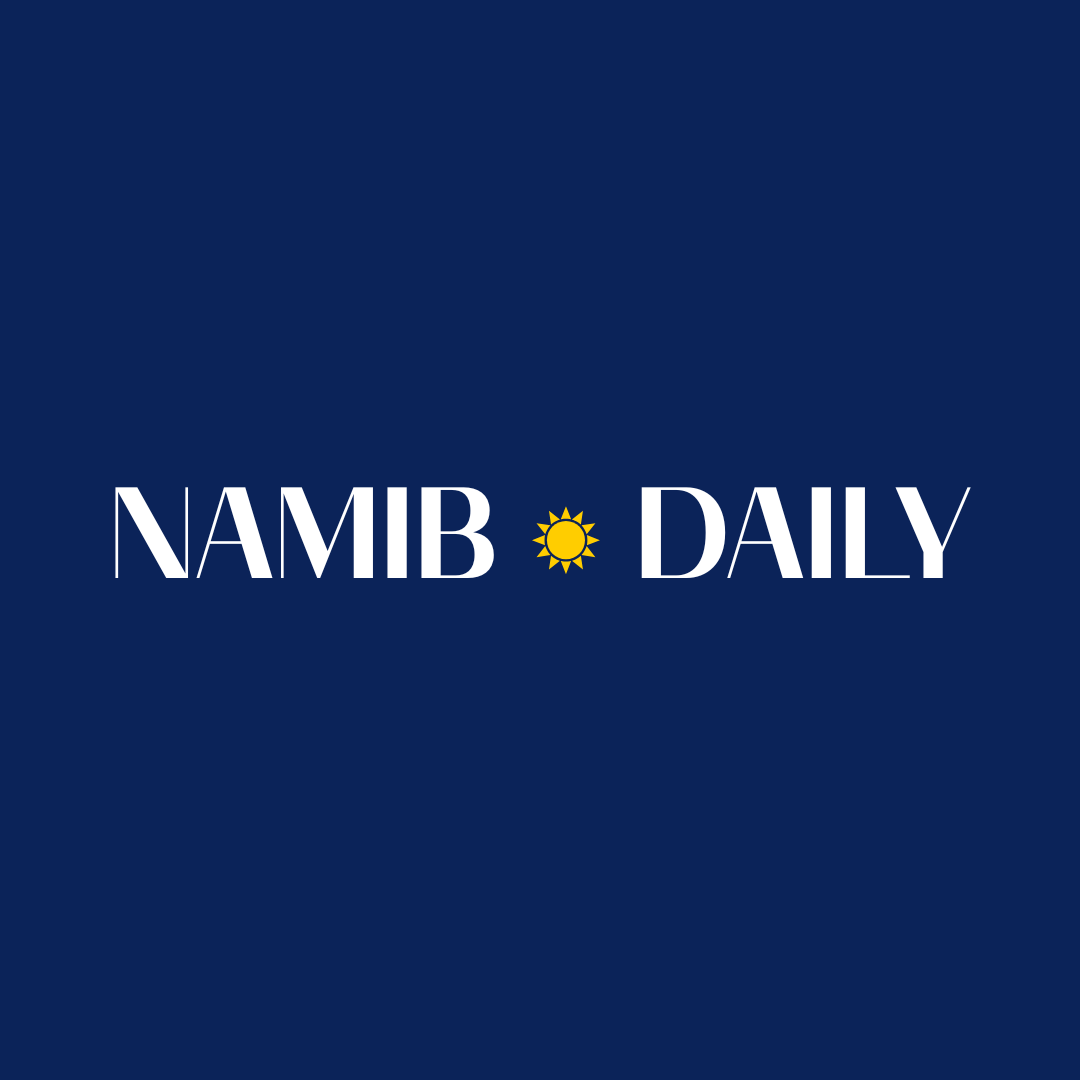World Bank Report Reveals Critical Gaps in Namibia's Procurement System
World Bank assessment reveals critical gaps in Namibia's procurement system, highlighting urgent needs for digital transformation, capacity building, and institutional reforms to meet international standards.

Namibian Public Procurement Unit headquarters showcasing the need for modernization in government procurement systems
The World Bank's latest assessment has identified significant challenges in Namibia's public procurement system, highlighting issues that could impact the country's economic stability and growth.
Key Findings and Systemic Challenges
The methodology of assessing procurement systems (MAPS) evaluation, conducted from September 2023 to April 2024 in collaboration with the African Development Bank, reveals that Namibia's public procurement unit (PPU) faces severe resource constraints and capacity limitations. Similar to recent challenges in public service delivery across municipalities, the procurement system shows significant operational gaps.
Digital Infrastructure Limitations
The assessment highlights critical technological shortcomings, reminiscent of challenges seen in Namibia's broader digital infrastructure development. The existing e-procurement portal suffers from poor integration and limited analytical capabilities, hampering efficiency and transparency.
Institutional Weaknesses
- Poorly defined responsibilities across procurement cycles
- Vague procurement rules deterring international competition
- Lack of robust data systems for monitoring and evaluation
- Insufficient full-time procurement staff
Expert Analysis and Recommendations
"Without reliable data, compliance enforcement is inconsistent and reactive," states Frederico Links, research associate at the Institute for Public Policy Research (IPPR).
The World Bank recommends several key reforms:
- Strengthening contract management rules
- Developing comprehensive monitoring and evaluation frameworks
- Upgrading e-procurement systems for enhanced data analytics
- Establishing robust standards for non-competitive procurement
Path Forward
To align with international best practices, Namibia must implement a series of practical, sequenced steps spanning institutional reform, capacity building, legal empowerment, and digital modernization. These improvements are crucial for ensuring transparency and efficiency in public spending.
Jasmine Demraoui
Journalist in governance and climate reform, based in Windhoek.
